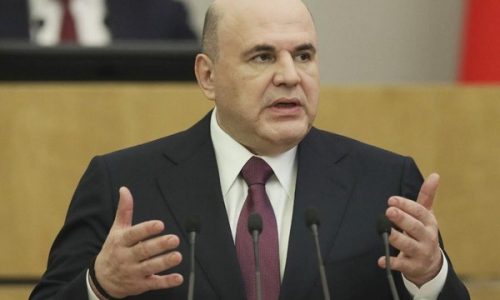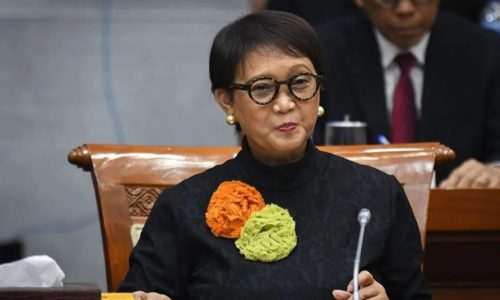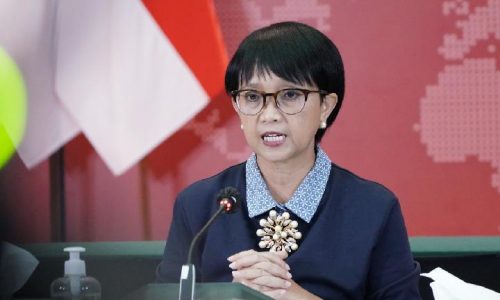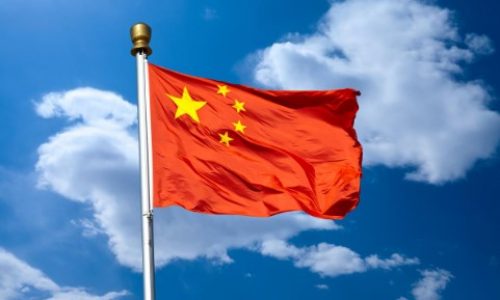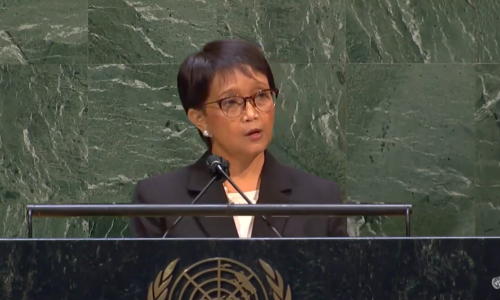Afghanistan needs to demonstrate its commitment to upholding human rights
There will be no trade, investment, or economic collaboration between the government of Indonesia and the Taliban regime in Afghanistan unless the hard-line group honors its promise to respect human rights.
According to Teuku Faizasyah, a spokesman for the Indonesian Ministry of Foreign Affairs, Indonesia currently focuses on humanitarian and consular issues in Afghanistan. “There are no plans for cooperation in terms of trade and investment,” he told Indonesia Business Post.
A member of the House of Representatives (DPR) Commission I overseeing international affairs, Muhammad Farhan, said that the Taliban regime in Afghanistan needs to demonstrate its commitment to upholding human rights-related issues such as gender equality, the non-discrimination principle in terms of religion, safety, and the right to life.
Consequently, as long as the Afghan government does not commit to these 3 points, Indonesia will not recognize the current Afghan government, even though it will not cut diplomatic ties, given the long history of bilateral relations between Indonesia and Afghanistan,” the official stated.
Retno Marsudi, Indonesia’s Foreign Minister, in a meeting with Taliban delegation Amir Khan Mutaqi in Islamabad, Pakistan, on Dec. 18, 2021, said that Indonesia hoped the Taliban would follow through on the promise they delivered on Aug. 16, 2021, concerning women empowerment and education. The Taliban publicly committed themselves to establishing an inclusive government, respecting human rights, and not creating a breeding and training ground for terrorism.
Transition period and potential investment
According to Yon Machmudi, chairman of the Middle East and Islamic Studies program at the University of Indonesia, the absence of international recognition still hampers economic cooperation between Indonesia and Afghanistan in trade and investment. “At the same time, it is also pointed out that the economic condition of Afghanistan is in a state of collapse,” he added, adding that Indonesia is trying to assist Afghanistan in this period of transition.
Faizasyah also mentioned that Indonesian diplomats are currently in Afghanistan on a humanitarian mission and assist the consular affairs. Several Indonesian citizens have also returned to Afghanistan to work for international organizations. According to him, the Indonesian humanitarian mission in Kabul should not be interpreted as Indonesia’s recognition of the Taliban government. Until now, no countries in the world have recognized the Taliban government in Afghanistan. But all countries, including Western nations, are opening communication channels with it.
On the other side, as a result of the United States and European Union freezing the country’s assets, Afghanistan’s economy began to spiral downward. It has been reported that some assets have been disbursed, and not all funds have been accessed. Due to the absence of international recognition, including leading global organizations, the Middle East and the Islamic countries cannot help Afghanistan’s economy. Currently, countries can only carry out humanitarian missions for the country. On Jan. 9, 2022, Indonesia sent two aircraft full of food to the UN Food Program to help solve the humanitarian crisis in Afghanistan.
According to Yon Machmudi, if Afghanistan is to be rebuilt from the ground up, it needs investment and Indonesia has considerable experience in infrastructure projects, such as road construction, and can play a vital role in these projects. There is also the possibility that Indonesia would explore Afghanistan’s natural resources because of its oil, gas, and mineral resources. “There are substantial amounts of oil and lithium in Afghanistan that can produce battery energy. It is an unprecedented resource that has not been explored in tens of years since British colonization until now,” said Yon Machmudi.



